History shows that there are no invincible armies
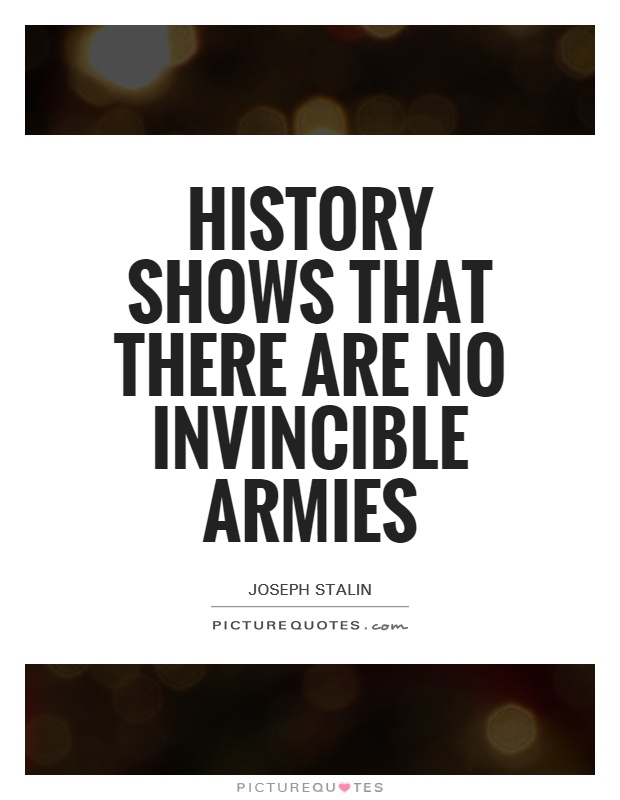
History shows that there are no invincible armies
Joseph Stalin, the infamous Soviet leader, is often portrayed as a ruthless dictator who ruled with an iron fist. He is known for his brutal tactics, including purges, forced labor camps, and mass executions. However, despite his reputation for being a powerful and fearsome leader, history shows that even Stalin's army was not invincible.Stalin rose to power in the Soviet Union in the early 1920s, following the death of Vladimir Lenin. He quickly consolidated his power and established a totalitarian regime that controlled every aspect of Soviet society. Under Stalin's rule, the Soviet Union became a formidable military power, with a massive army and a vast arsenal of weapons.
During World War II, Stalin's army played a crucial role in defeating Nazi Germany. The Soviet Union suffered heavy losses, but ultimately emerged victorious in the war. Stalin's leadership was instrumental in the Soviet victory, as he made strategic decisions that helped turn the tide of the conflict.
However, despite his military successes, Stalin's army was not invincible. The Soviet Union suffered significant losses during World War II, with millions of soldiers and civilians killed or wounded. The Red Army faced fierce resistance from the German forces, and at times, it seemed as though the Soviet Union might be defeated.
Furthermore, Stalin's army was not immune to internal challenges. The purges and political repression that characterized Stalin's rule weakened the Soviet military, as many experienced officers and soldiers were executed or imprisoned. This lack of experienced leadership and manpower had a detrimental impact on the effectiveness of the Red Army.
In the years following World War II, Stalin's army faced new challenges, including the Cold War and the Korean War. The Soviet Union's military power was tested in these conflicts, and it became clear that Stalin's army was not as invincible as once thought.

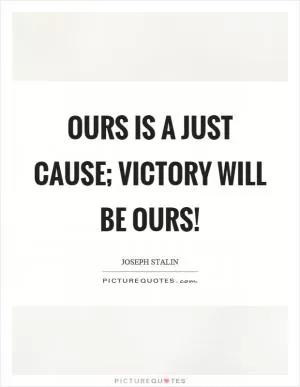
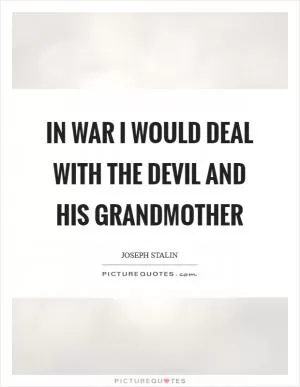
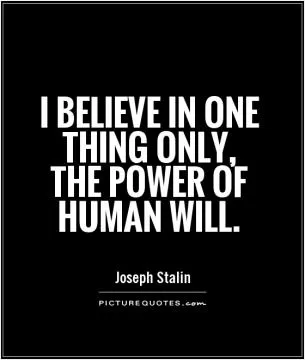
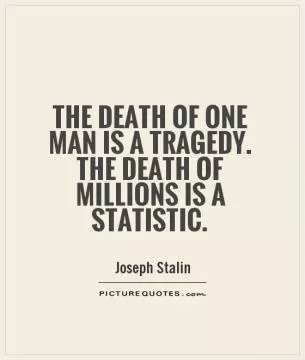



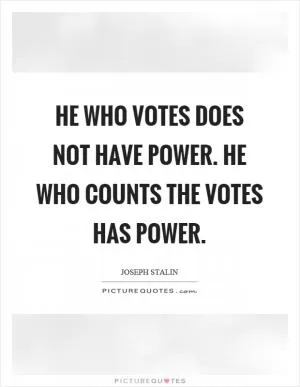



 Friendship Quotes
Friendship Quotes Love Quotes
Love Quotes Life Quotes
Life Quotes Funny Quotes
Funny Quotes Motivational Quotes
Motivational Quotes Inspirational Quotes
Inspirational Quotes